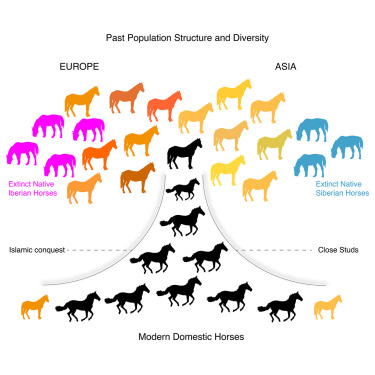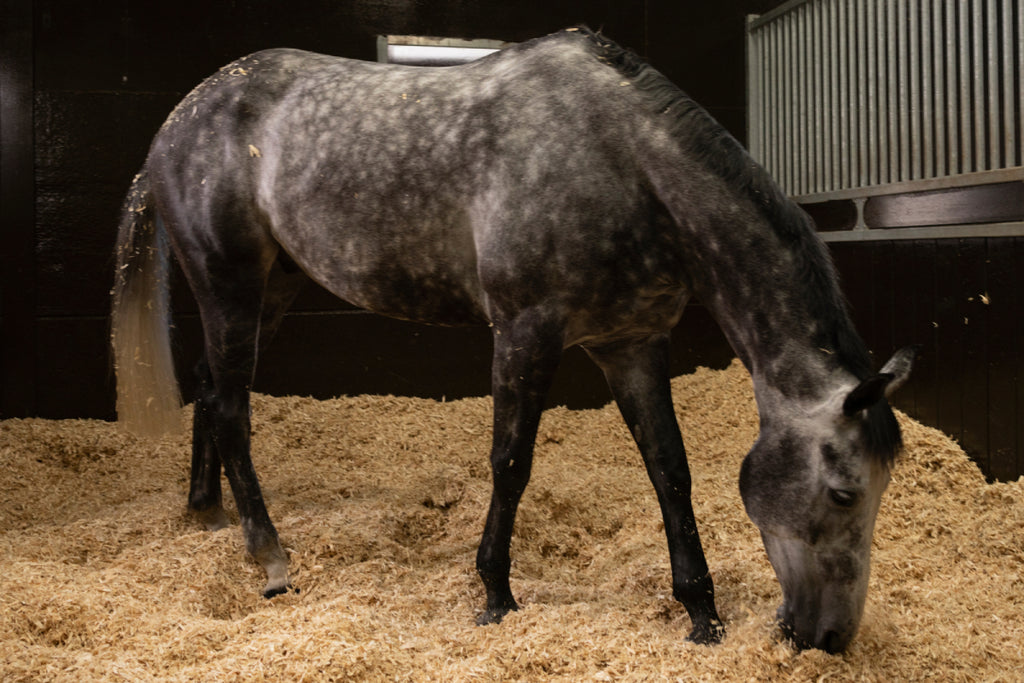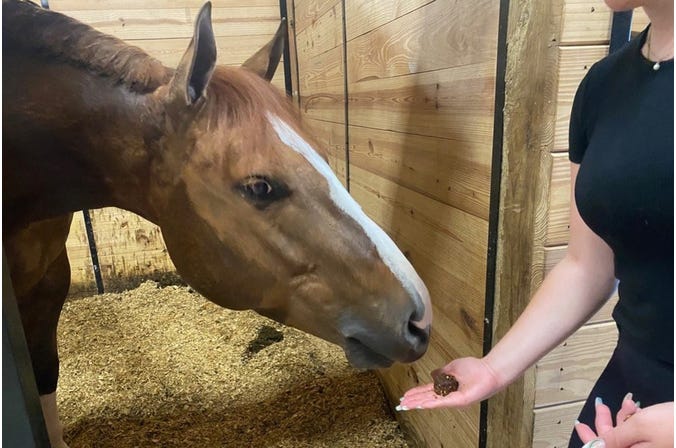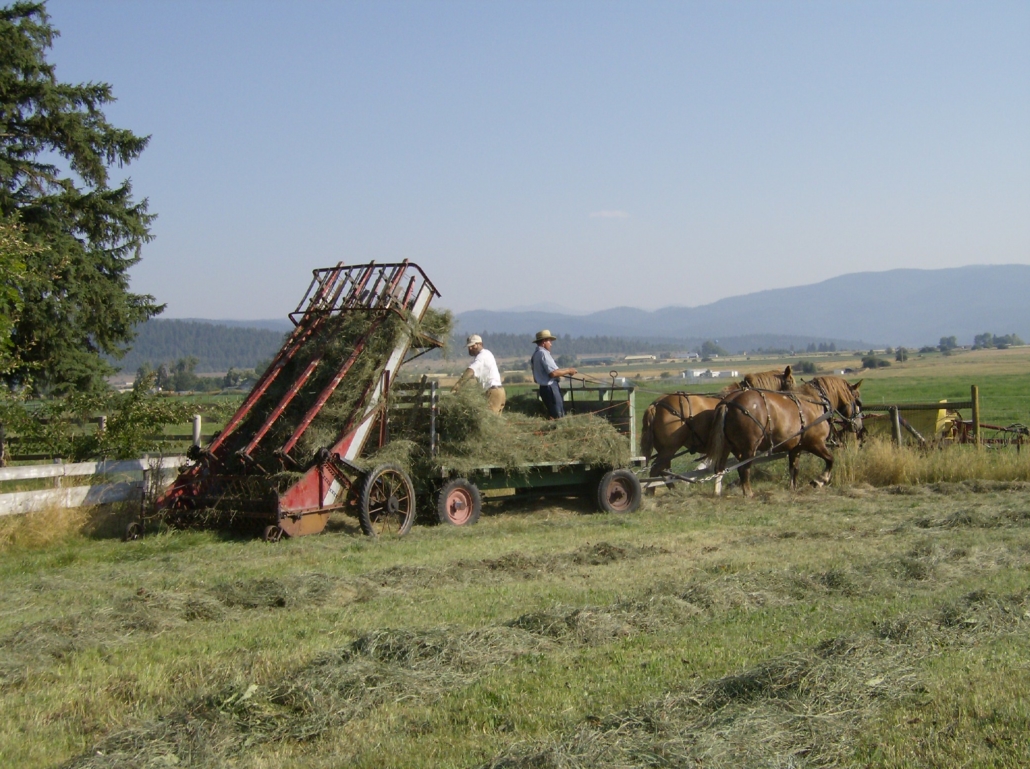Grain Processing Methods and Digestibility for Your Horse

Feeding grains to horses is a common practice to supplement their diet with essential nutrients and energy. However, the way grains are processed can significantly affect their digestibility and the overall health of your horse. Understanding these methods helps you make informed decisions to optimize your horse’s nutrition.
Common Grain Processing Methods

| Processing Method | Description | Impact on Digestibility |
|---|---|---|
| Crimping | Grains are steamed and then rolled to flatten them. | Improves digestibility by breaking down the grain’s outer hull, making nutrients more accessible. |
| Cracking | Grains are broken into smaller pieces without removing the hull. | Enhances digestibility by increasing surface area but retains fiber content. |
| Grinding | Grains are ground into fine particles or meal. | Increases digestibility but may increase risk of digestive upset if fed excessively. |
| Pelleting | Ground grains are compressed into pellets. | Improves intake and digestibility; reduces sorting and wastage. |
| Extruding | Grains are cooked under high pressure and temperature, then shaped. | Enhances starch gelatinization, improving digestibility and nutrient availability. |
| Flaking | Grains are steamed and rolled into thin flakes. | Increases digestibility by softening the grain and breaking down starches. |
How Processing Affects Digestibility

- Starch Gelatinization: Heat and moisture during processing (like extruding and flaking) cause starch granules to swell and gelatinize, making them easier for horses to digest.
- Fiber Breakdown: Some methods break down fibrous hulls, increasing nutrient availability but potentially reducing fiber content.
- Particle Size: Smaller particles increase surface area for digestive enzymes but can lead to faster fermentation and risk of colic or laminitis if not managed properly.
Choosing the Right Grain Processing Method
Consider your horse’s age, activity level, and digestive health:
- Young or Senior Horses: May benefit from highly digestible forms like extruded or pelleted grains.
- Performance Horses: Require high-energy, easily digestible grains to meet their demands.
- Horses with Digestive Sensitivities: Should avoid finely ground grains; cracked or crimped grains may be better.
FAQ
Q1: Why is digestibility important for horses?
A: High digestibility ensures that horses absorb maximum nutrients from their feed, supporting health, energy, and performance.
Q2: Can processed grains cause digestive problems?
A: Overfeeding finely ground or highly processed grains can lead to digestive upset, including colic or laminitis. Proper feeding management is essential.
Q3: How can I tell if my horse is digesting grains well?
A: Monitor body condition, energy levels, and manure quality. Consult a veterinarian if you notice changes.
Q4: Are there grains that should not be processed?
A: Some grains like oats are often fed whole due to their natural hull, which aids digestion and reduces risk of choke.
By understanding grain processing methods and their effects on digestibility, you can tailor your horse’s diet to promote optimal health and performance. Always consult with an equine nutritionist or veterinarian when making significant changes to your horse’s feed.
